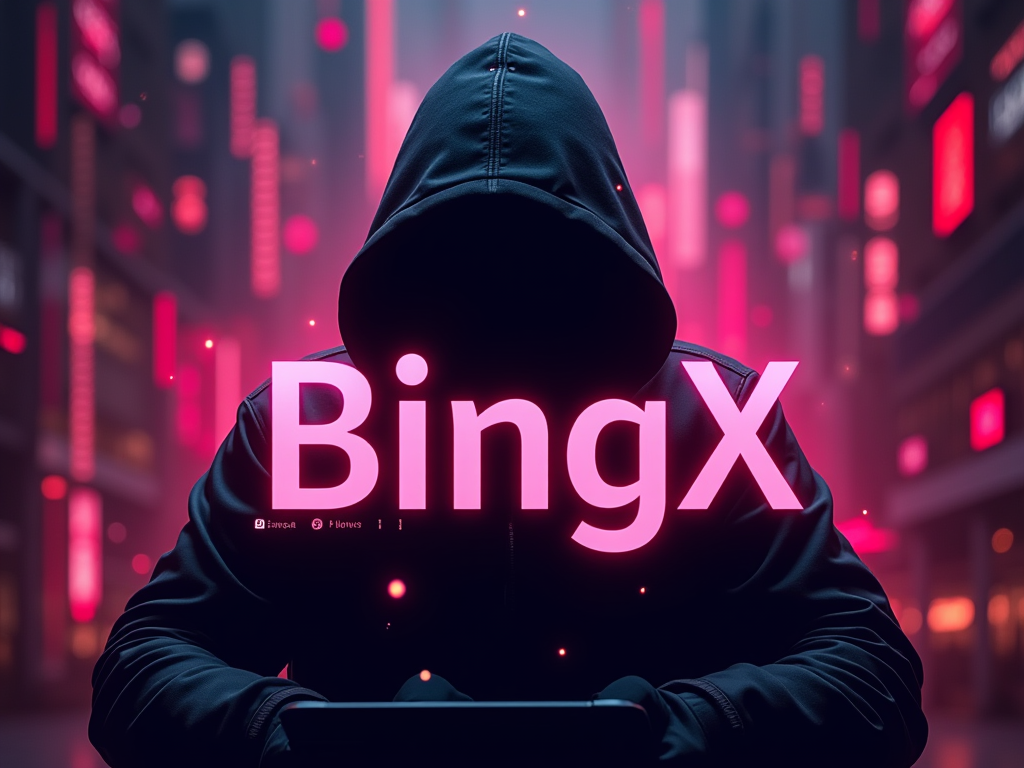Key Points
- StarkNet’s ZKX Protocol, a decentralized trading platform, unexpectedly closed without prior notice, raising concerns about transparency and financial management in the crypto industry.
- The sudden shutdown has prompted strong reactions from investors and market makers, including Amber Group, ArkStream Capital, and HashKey Capital, calling for greater accountability in cryptocurrency projects.
In a shocking turn of events, StarkNet’s ZKX Protocol, a decentralized trading platform, has abruptly shut down operations, leaving investors and market makers reeling from the unexpected closure. The sudden demise of the protocol has sent ripples through the cryptocurrency community, raising significant concerns about transparency, financial management, and the overall stability of blockchain-based projects.
Sudden Shutdown and Investor Reactions
On July 31, 2024, ZKX Protocol, a social derivatives trading platform operating on the Ethereum-based Starknet layer-2 network, ceased operations without warning. The founder, Eduard Jubany Tur, cited a lack of feasible economic prospects as the primary reason for the project’s discontinuation.
The announcement sent shockwaves through the crypto market, with prominent investors and market makers expressing their disappointment and frustration. Ye Su, the founder of ArkStream Capital, took to social media to voice his concerns:
“When ZKX shut down, as investors, we got zero heads-up. The team claimed they ran out of money, refused to provide financial or spending details, and wouldn’t communicate with us”.
HashKey Capital echoed similar sentiments, stating that ZKX had never disclosed its financial status or plans. The ZKX team’s lack of transparency and unresponsive communication style has been a significant point of contention among investors.
Amber Group’s Involvement and Disclosure
Amber Group, a significant investor and market maker for ZKX, has come forward with crucial information to promote transparency and support the community. In a post on the X social platform, Amber Group revealed that they were equally shocked by the July 30 announcement of ZKX’s cessation of operations.
The firm disclosed its close involvement with ZKX as a market maker, facilitating liquidity during the token generation event (TGE) on June 19. Amber Group received a 2 million ZKX tokens loan under a standard loan agreement to ensure smooth market operations.
Despite the lack of organic buying interest at launch, Amber Group continued to buy ZKX tokens to maintain liquidity, even as prices declined. On June 24, at the request of the ZKX team, Amber Group returned 1 million ZKX tokens to reduce circulation and bolster community confidence.
As a result of their liquidity provision efforts, Amber Group accumulated 3 million ZKX tokens, including the 1 million token loan and 2 million net accumulated tokens from the open market.
Allegations of Financial Mismanagement
The sudden closure has led to allegations of financial mismanagement. Blockchain analyst ZachXBT compared the situation to a “rug pull,” citing the token generation event and its immediate loss of value afterward. The lack of transparency and financial accountability has severely impacted investor confidence, leading to calls for greater scrutiny and regulation in the cryptocurrency market.
ZKX Founder’s Defense
Eduard Jubany Tur, the founder of StarkNet’s ZKX Protocol, defended the decision to shut down the platform. Tur stated that the project couldn’t be sustained after the token’s underperformance. He assured the closure would protect customers until all markets were securely delisted. Tur added that announcing the shutdown in advance could have endangered customer funds due to potential exploits.
Implications for the Crypto Market
The abrupt shutdown of StarkNet’s ZKX Protocol has broader implications for the cryptocurrency market. It highlights the critical need for greater transparency and accountability in blockchain startups and decentralized finance (DeFi) platforms. The incident has sparked discussions about the regulatory framework for crypto projects and the protection of investors.
This event is a cautionary tale for investors and market participants, emphasizing the importance of due diligence and financial scrutiny. It also raises questions about the sustainability and viability of new decentralized exchanges and blockchain-based platforms.
Conclusion
As the dust settles on the ZKX Protocol shutdown, the cryptocurrency community is left grappling with questions about trust, transparency, and the future of decentralized finance. The incident underscores the need for robust communication channels between project teams and their investors, as well as the importance of financial transparency in maintaining market confidence.
Moving forward, it is clear that stakeholders in the crypto space must prioritize transparency, accountability, and investor protection to ensure the long-term viability and success of blockchain-based projects. The ZKX shutdown may serve as a turning point, prompting increased scrutiny and potentially leading to more stringent self-regulation within the industry.















